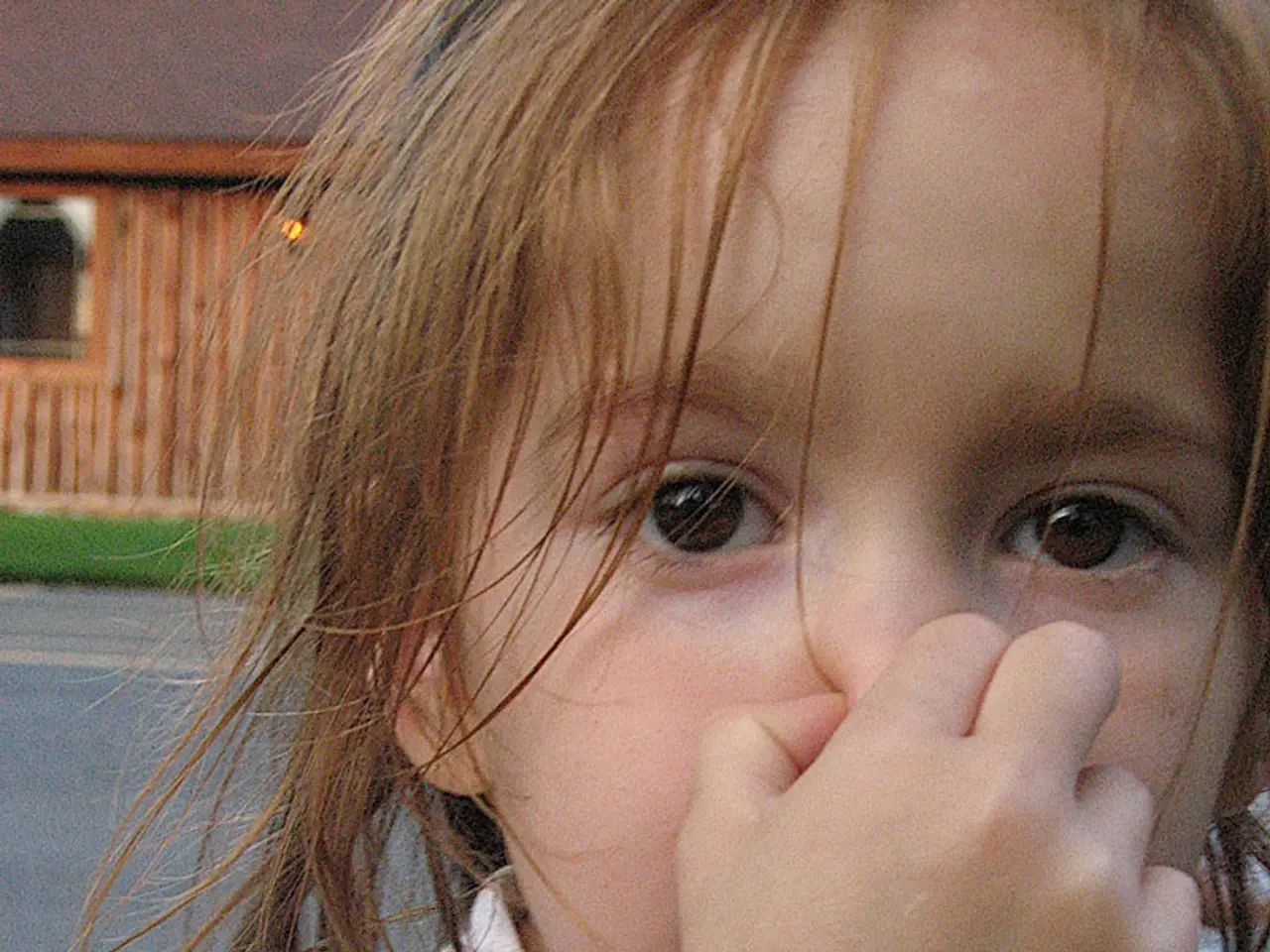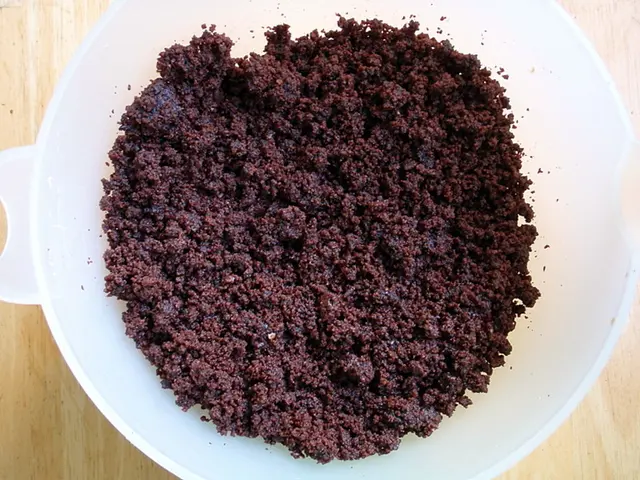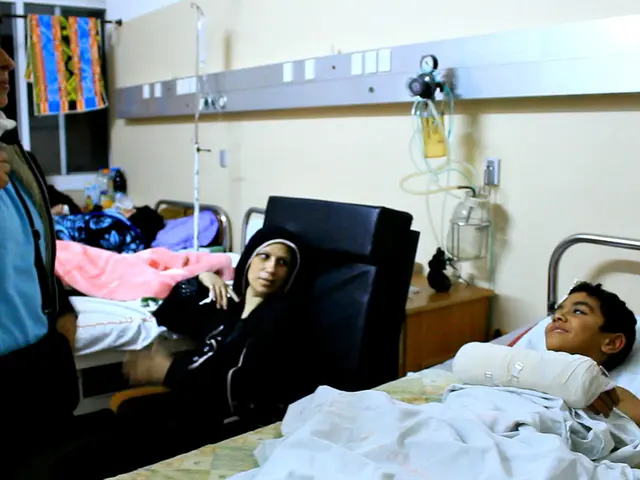Nosebleeds Exploration: Triggers, Solutions, and Home-Based Strategies
Nah, bro, let's talk 'bout nosebleeds, y'know? It's no big deal most of the time, but it can be a sign of something serious like leukemia, so it's important to know the facts.
So, what's a nosebleed? Easy, it's when your nose bleeds. In medicine speak, it's called epistaxis. Your schnoz is chock-full of blood vessels, which is why even minor face traumas can make it bleed like a stuck pig. Sometimes nosebleeds happen without any outside cause, and that's cool too. They might be because of a cracked or dried mucous membrane, or maybe you're taking meds like aspirin that thin your blood.
Nosebleeds can be two types: anterior and posterior. Anterior nosebleeds originate in the area between your nostrils and are usually no big deal. On the flip side, posterior nosebleeds come from farther back and higher up in the nose. These can be more serious and require medical attention.
Now, what causes nosebleeds? Let's break it down:
- Bumps to the face or nose-picking can do the trick
- Intruders like foreign bodies lodged in your noses
- Itchy business like sinus infections or prolonged inhalation of dry air
- Air travel or changes in altitude can upset nasal blood vessels, leading to nosebleeds
- Any inflammation, allergies, or infections in the nose can damage blood vessels and cause bleeding
- Low humidity can make nasal tissue crack and bleed
- Liver disease can interfere with blood clotting, causing nosebleeds
- Certain meds like blood thinners or nonsteroidal anti-inflammatory drugs (NSAIDs) can also trigger nosebleeds
- Hell, even illegal drugs like cocaine can mess with your nose and cause nosebleeds
- Exposure to smoke or irritant fumes can damage your nose and lead to bleeding
- Radiation therapy and chemotherapy can reduce the number of platelets in your blood, making blood clotting difficult and causing bleeding
In some cases, underlying health conditions or less common occurrences can cause nosebleeds, such as hereditary hemorrhagic telangiectasia, nasal surgery, calcium deficiency, blood diseases like hemophilia and leukemia, or certain tumors.
Symptoms of a nosebleed are simple: you see blood coming out of your nose. The bleeding can vary in severity and can come from one or both nostrils. If you're lying down, you might feel liquid in the back of your throat before the blood comes out of your nose.
For home treatment, sit down, pinch the soft parts of your nose, lean forward, and apply pressure for 10-15 minutes. If the bleeding lasts more than 20 minutes, seek medical attention. In severe cases, a doctor can use methods like nasal packing, cautery, embolization, septal surgery, ligation, or other surgical interventions to stop the bleeding.
To prevent nosebleeds, avoid picking your nose, blowing your nose too hard, engaging in strenuous activity after nosebleeds, using irritants, and drying nasal medications. Keeping your nose hydrated with saline sprays or humidifiers can also help. One study found a correlation between humidity and reduced nosebleed incidence in kids, but the findings were inconsistent in other pediatric settings.
So, in conclusion, nosebleeds are nothing to freak out about most of the time, but they can signal deeper health issues. If you experience frequent or severe nosebleeds that don't stop, consult a doc. And if you're taking blood thinners or have conditions that affect blood clotting, seek emergency care if you get a nosebleed. Taking care of your nose and avoiding irritants can help prevent nosebleeds. Peace out.
- Underlying health conditions such as bipolar disorder, other nasal disorders, psoriasis, obesity, chronic diseases, and medical-conditions can potentially lead to nosebleeds.
- Science has shown that exposure to smoke or irritant fumes, fitting under the umbrella of health and wellness, can damage the nose and cause bleeding.
- Nosebleeds can be a sign of serious health issues like leukemia, making it crucial to understand the predictive role they may play in one's overall health.
- Fitness and exercise can aggravate a nosebleed, making it imperative to be mindful about strenuous activities after experiencing nosebleeds.
- Proper skin care, focused on maintaining moist nasal tissue, can reduce the risk of nosebleeds, especially in low-humidity environments.
- Nutrition plays a role in maintaining blood clotting, and an unbalanced diet may trigger nosebleeds, particularly when combined with the use of certain medications, like blood thinners or nonsteroidal anti-inflammatory drugs (NSAIDs).
- Adequate hydration, either through saline sprays or humidifiers, can help prevent nosebleeds, supporting overall health and wellness.






